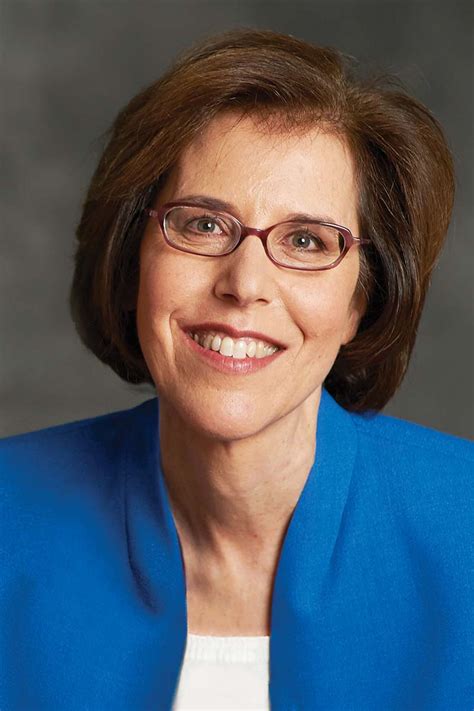A Quote by Thomas R. Insel
Reports that online cognitive behavioral treatment can be as effective as in-person psychotherapy suggest that technology will expand access, extend the impact of a therapist, and expedite treatment for people who might not find 'seeing' a therapist acceptable.
Related Quotes
And I hope seeing a therapist becomes 10 times easier in the future. For me, once I came out of treatment, I got into a therapist and continued my road to recovery and health and happiness. But not everyone can do that. It's challenging to see a therapist when you work full-time, when you can't get an appointment within a week, and then by the time you do get one, maybe you feel like your "problem" has lessened and you don't bother to go in. It's about access.
Individual psychotherapy - that is, engaging a distressed fellow human in a disciplined conversation and human relationship - requires that the therapist have the proper temperament and philosophy of life for such work. By that I mean that the therapist must be patient, modest, and a perceptive listener, rather than a talker and advice-giver.
Most therapists do not appear to know how to pinpoint and reverse therapeutic resistance - to head it off at the pass. Instead, they try to persuade the patient to change, or to do the psychotherapy homework, while the patient resists and 'yes-butts' the therapist. The therapist ends up feeling frustrated and resentful, and doing all the work.
Suicide rates have not slumped under the onslaught of antidepressants, mood-stabilizers, anxiolytic and anti-psychotic drugs; the jump in suicide rates suggests that the opposite is true. In some cases, suicide risk skyrockets once treatment begins (the patient may feel not only penalized for a justifiable reaction, but permanently stigmatized as malfunctioning). Studies show that self-loathing sharply decreases only in the course of cognitive-behavioral treatment.
The kind of caring that the client-centered therapist desires to achieve is a gullible caring, in which clients are accepted as they say they are, not with a lurking suspicion in the therapist's mind that they may, in fact, be otherwise. This attitude is not stupidity on the therapist's part; it is the kind of attitude that is most likely to lead to trust.
Treatment Plans and Interventions for Depression and Anxiety Disorders provides clinicians with essential guidelines to treat patients in the era of managed care. Seven psychiatric disorders are described and conceptualized in cognitive-behavioral terms. The authors then provided an unusually clear, reader-friendly description of how to assess and treat each disorder with illustrative case examples, and patient forms and handouts. It should prove very useful for clinicians or clinicians-in-training who want to learn how to conduct short-term treatment through an empirically validated approach.





































